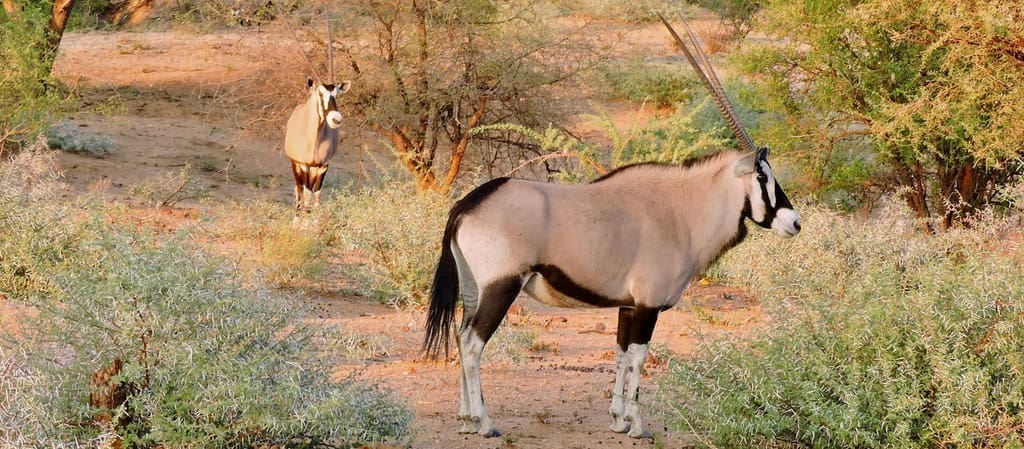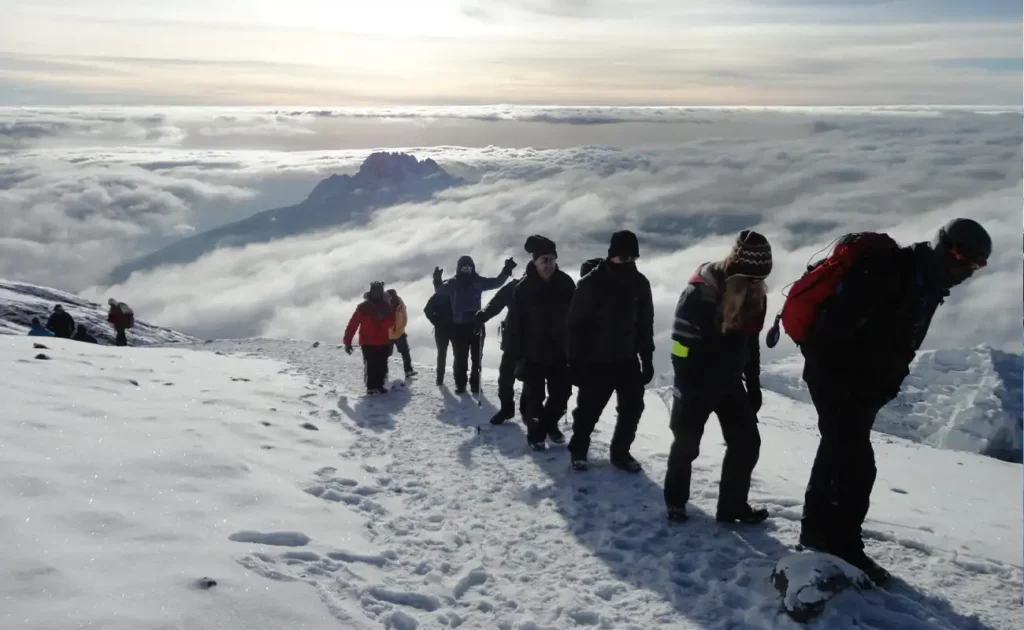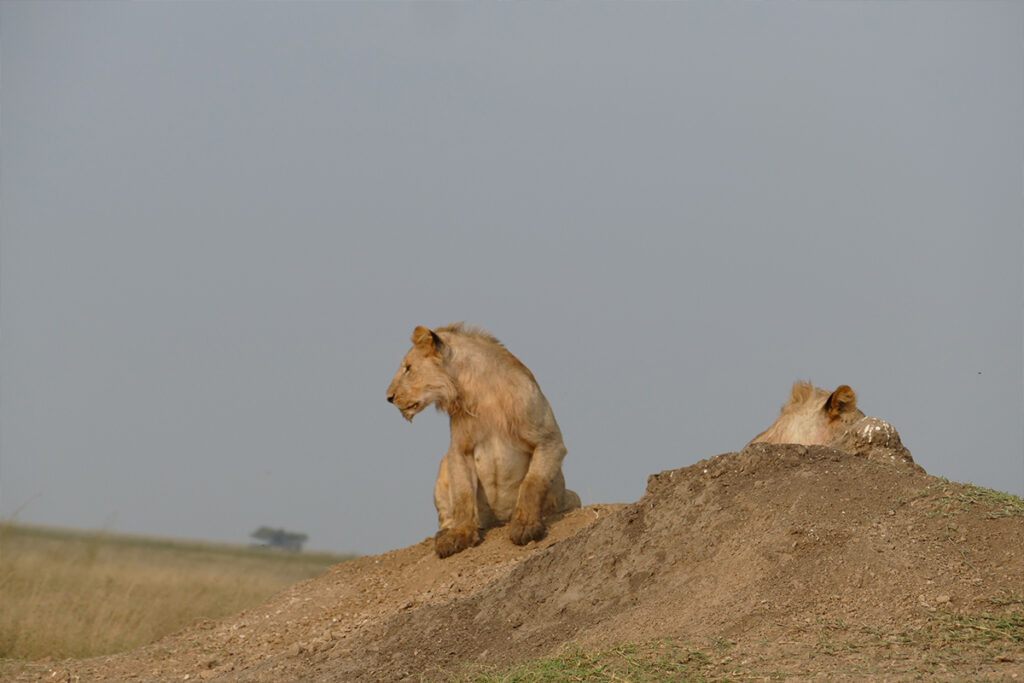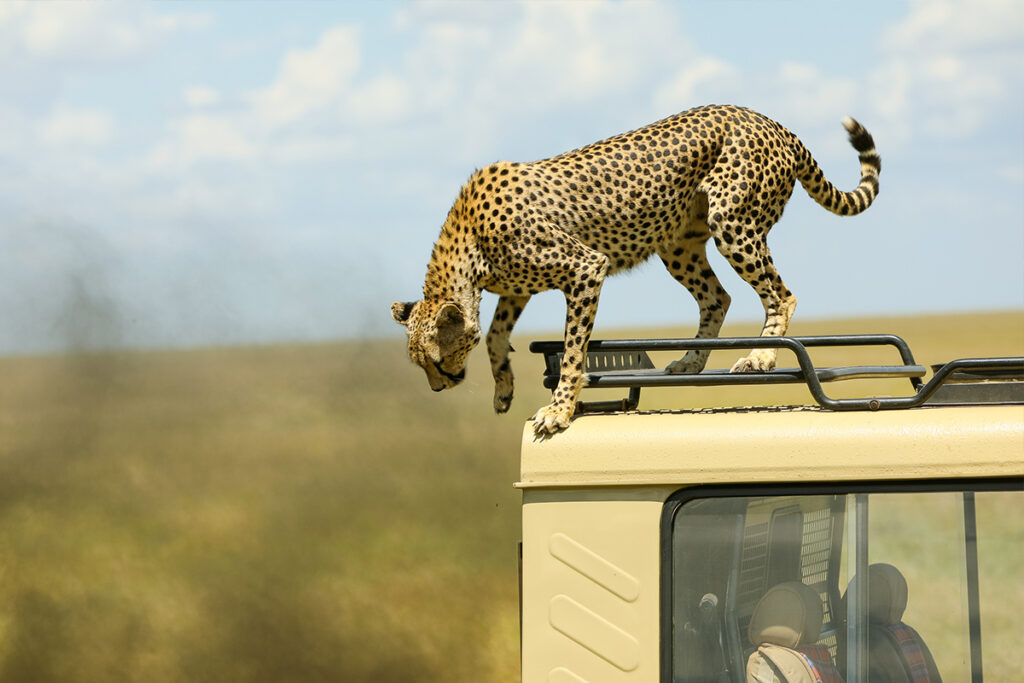In the heart of the African wilderness, there’s a secret allure to Tanzania’s remote safari camps that casts a spell beyond the typical tourist circuits. Envision a setting where herds of elephants lazily cross your path, largely undisturbed by onlookers. These sanctuaries offer an unparalleled connection to nature, far away from congested safari routes.
Remote safari camps in Tanzania have a storied history, tracing back to explorers who sought raw, unfiltered adventures. Today, only 12% of safari travelers opt for these secluded retreats, finding solace and authenticity amid nature’s grandeur. This approach protects wildlife habitats while promoting sustainable tourism, offering a harmonious blend of conservation and recreation.

Remote Tanzania Safari Camps: Escape the Crowds
Remote Tanzania safari camps offer a unique way to experience the African wilderness without the usual tourist congestion. Nestled in secluded areas, these camps provide intimate settings where you can enjoy the peace and beauty of nature. Imagine waking up to the sounds of birds and watching the sunrise over the savannah, all without another soul in sight. This solitude enhances the overall safari experience, making it more personal and memorable. Fewer travelers mean a lower impact on the environment too.
Visitors can expect a wide range of animals in these peaceful settings. You’ll likely see elephants, lions, and a variety of birds, sometimes right from your camp. Being farther from popular spots means the wildlife is less disturbed and more likely to show natural behaviors. Guides at these camps are often highly knowledgeable, providing an enriching educational experience. They can teach you how to track animals and understand their habits.
For those looking to avoid crowds while supporting sustainable tourism, remote Tanzania safari camps are a perfect choice. They often operate with eco-friendly practices, such as solar power and minimal waste. This not only helps preserve the environment but also gives a more authentic experience. The limited number of guests ensures each visitor receives personalized attention. This makes the journey special and more rewarding.
Planning a visit to these secluded camps requires some preparation. Here are some essentials to consider:
- Book in advance to secure a spot, as these camps have limited capacity.
- Pack light but include essentials like binoculars, a camera, and sunscreen.
- Be prepared for varying weather and bring appropriate clothing.
Following these guidelines will help make your remote Tanzania safari a smooth and enjoyable adventure.
The Allure of Remote Safari Camps in Tanzania
Remote safari camps in Tanzania provide a magical escape into the wild. These camps are hidden gems, offering a rare chance to see untouched landscapes and animals in their natural habitat. Unlike crowded tourist spots, these camps let you experience the true heart of Africa. The quiet surroundings make wildlife encounters more intimate. It’s a place where nature rules and time seems to slow down.
The unique experiences at these camps are unforgettable. Visitors can take guided walking tours, offering a different perspective compared to vehicle safaris. Stargazing here is a must, with the night sky dazzling with countless stars. Campfires under the stars become cozy gatherings, perfect for sharing stories. This atmosphere creates a special bond among guests.
Despite their remote locations, these safari camps offer surprising comfort. Tents are often equipped with plush beds and even en-suite bathrooms for a bit of luxury. The meals, often served alfresco, showcase local flavors with international twists. Staff at the camps are friendly and eager to help, ensuring a memorable stay. This mix of adventure and comfort makes the experience even more appealing.
Remote camps contribute to conservation efforts as well. They follow eco-friendly practices and support local communities. Lists of initiatives include:
- Using solar energy to power camps.
- Employing locals, which boosts the community.
- Offering educational sessions about wildlife protection.
Visitors leave with amazing memories and a better understanding of the importance of preserving these beautiful areas.
Personalized Experiences in Tanzania’s Exclusive Safari Camps
In Tanzania’s exclusive safari camps, a personal touch makes each trip unique. These camps cater to small groups, ensuring that each guest receives individual attention. Guides often learn about their guests’ interests, customizing activities to match their preferences. Whether you want to learn about local bird species or track big cats, the experience can be tailored to you. This focus on personalization enhances both enjoyment and learning.
Meal times at these camps are also special, often turning dining into an adventure. Guests can enjoy meals in a variety of stunning settings, ranging from dining under a baobab tree to picnicking by a river. Menus reflect local ingredients, prepared with international flair. Sharing meals in these unique settings fosters a sense of camaraderie. The blend of good food and stunning views is hard to beat.
A typical day might include purposeful activities designed just for you. Imagine exploring a remote corner of the savannah while guides point out hidden wildlife. These moments make each visit memorable. Even leisure time can be personalized, with activities like yoga sessions by a serene lake. The goal is to make each moment meaningful.
The staff at these camps go above and beyond to create a personal connection with the landscape and community.
- They share local stories and traditions during evening group discussions.
- Guests are encouraged to participate in cultural visits to nearby villages.
- These interactions offer a deeper understanding of Tanzanian life.
By the end of the visit, guests often feel a strong tie to the area and its people.
Wildlife Wonders: What to Expect in Remote Tanzania Safari
Remote Tanzania safaris present a remarkable chance to see diverse wildlife in their natural habitat. From the majestic elephant to the elusive leopard, the variety of animals will leave you in awe. These camps are often located in less traveled areas, so the wildlife is less disturbed. This makes for more authentic and frequent sightings. Moreover, birdwatchers will find paradise here, with numerous unique bird species to spot.
One key highlight is witnessing the Great Migration. This breathtaking event involves thousands of wildebeest and zebras traveling across the plains. It’s a spectacle that few places on earth can offer, drawing wildlife enthusiasts from around the globe. Remote camps provide excellent vantage points with fewer crowds. This ensures an intimate and awe-inspiring experience.
No safari is complete without a thrilling predator encounter. Expect to see lions lounging under trees, cheetahs sprinting in pursuit of prey, and perhaps even hyenas scavenging. Guides often know where to find these captivating creatures and can take you there safely. The thrill of spotting these predators in action is unmatched. It’s both exciting and educational.
In addition to predators, the array of herbivores is impressive. You’ll see giraffes grazing on tall trees, and hippos cooling off in waterholes. Animals such as buffalo, antelope, and warthogs add to the diverse landscape. The best part is observing their behavior in a natural setting. These moments provide great photo opportunities.
Night drives offer a completely different experience. As darkness falls, nocturnal animals like aardvarks, porcupines, and bush babies become active. Using spotlights, guides help you find these elusive creatures. The sounds of the night amplify the adventure, creating a mysterious atmosphere. Night drives are a unique feature of remote safaris.
Adding to the experience, here are essential items to pack for your safari:
- Comfortable, neutral-colored clothing to blend in with the environment.
- A good pair of binoculars to see distant animals clearly.
- A camera with extra memory cards to capture every moment.
Being well-prepared will ensure you make the most of the wildlife wonders.
The Role of Secluded Safaris in Sustainable Tourism
Secluded safaris play a significant role in promoting sustainable tourism in Tanzania. These camps are typically located in less-visited areas, helping to spread tourist traffic more evenly. This reduces the pressure on popular sites and minimizes environmental degradation. By limiting the number of visitors, these camps can better maintain the natural habitats. It ensures that wildlife remains undisturbed and can thrive.
Many remote safari camps adopt eco-friendly practices to reduce their impact on the environment. Using renewable energy sources like solar power is common. Camps also employ water-saving technologies and manage waste responsibly. These practices are crucial for preserving the pristine condition of the wilderness. It sets a high standard for responsible tourism.
Local communities benefit greatly from secluded safaris. Camps often employ residents, providing them with steady incomes and valuable job training. They may also invest in local infrastructure like schools and clinics. Visitors who participate in cultural experiences help fund these initiatives. This strengthens the relationship between tourism and community development.
There are several benefits to choosing a secluded safari for eco-conscious travelers:
- Smaller groups lead to less noise and disruption in the environment.
- More personalized and intimate wildlife viewing experiences.
- Opportunities to learn about and engage in conservation efforts.
These factors make secluded safaris an excellent choice for those looking to travel sustainably. Opting for such a safari means you contribute to the conservation of Tanzania’s magnificent landscapes. Responsible travel choices can have a lasting impact on the environment and local communities. This approach ensures that future generations can also enjoy these natural wonders.
Travel Tips for Planning Your Remote Tanzania Safari Adventure
Planning a remote Tanzania safari adventure requires careful preparation. First, research the best times to visit for optimal wildlife viewing. Tanzania’s dry season, from June to October, is ideal for seeing animals at watering holes. Consider hiring a reputable tour operator who specializes in remote safaris. Their expertise can enhance your experience and ensure your safety.
Traveling light is essential but don’t forget the necessities. Pack comfortable, neutral-colored clothing to blend in with the environment. A lightweight jacket is important for early mornings and evenings. Include a wide-brimmed hat, sunglasses, and sunscreen to protect against the sun. Binoculars and a good camera will help you capture memorable moments.
Health precautions are vital when traveling to remote areas. Make sure your vaccinations are up to date and bring necessary medications. Consult with your doctor about anti-malaria tablets, as the disease is present in Tanzania. Travel insurance is also a must-have for emergencies. Keeping a basic first-aid kit can be very helpful.
Here are some tips for a smooth and enjoyable safari:
- Stay hydrated by drinking plenty of bottled water.
- Respect wildlife by maintaining a safe distance.
- Listen to your guides—they know the terrain and animal behavior well.
Following these recommendations will help ensure a safe and memorable safari experience. Embrace the adventure with an open mind and enjoy the wonders of remote Tanzania.
Key Takeaways
- Remote Tanzania safari camps offer quiet, exclusive experiences in nature.
- Visitors enjoy personalized adventures away from the crowded tourist spots.
- The camps practice eco-friendly methods to protect the environment.
- Diverse wildlife can be seen up close, enhancing the safari experience.
- These safaris provide a peaceful escape into untouched landscapes.



